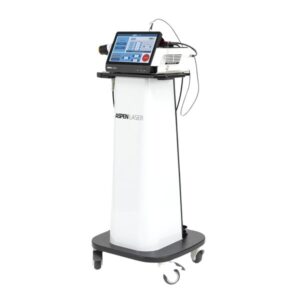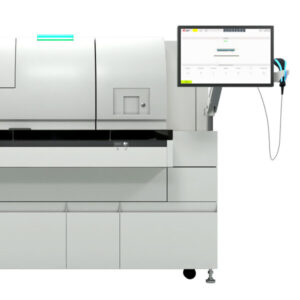MVR-T3011 IV, Global First Intravenous Oncolytic Product, Successfully Concludes Phase I Clinical Study in the U.S. with Outstanding Safety Results

On November 9, 2023, ImmVira announced the successful completion of Phase I clinical study conducted on late-stage patients with various tumor types for our intravenous oncolytic product, MVR-T3011 IV, in the United States. This milestone was marked by the product’s exceptional safety results and preliminary efficacy for certain indications. Concurrently, a series of comprehensive pharmacokinetics/pharmacodynamics (PK/PD) and immune responses research were also conducted, generating valuable firsthand data to guide the forthcoming Phase II clinical study.
As of October 31, 2023, 17 patients (17/18, 94.4%) experienced Treatment-Emergent Adverse Events (TEAEs), with 16 patients (16/18, 88.89%) reporting drug-related Treatment-Related Adverse Events (TRAEs). Notably, all of these adverse events were of grade 1 or 2 severity, and no TRAEs of grade 3 or higher were observed. TEAEs with an incidence of over 20% included abdominal pain (4/18, 22.2%), urinary tract infection (5/18, 27.28%), nausea (6/18, 33.3%), hypokalaemia (4/18, 22.2%) and hypotension (6/18, 33.3%). 7 patients (7/18, 38.89%) experienced Serious Adverse Events (SAEs), none of which were drug-related.
Overall, MVR-T3011 IV showed great safety profile at Phase I clinical study. Currently, there are 12 evaluable patients. According to RECIST 1.1, patients with endometrial, appendiceal, and gallbladder cancer demonstrated a significant reduction in tumor burden. The maximum reduction exceeded 15% compared to the baseline.
Simultaneously, Company is conducting a series of clinical exploratory studies in China for multiple tumor types. By combining PK/PD data from Phase I clinical study in both the U.S. and China, our goal is to devise a development strategy for a registrational Phase II clinical study targeting real unmet clinical needs.
Chairwoman and CEO Dr. Grace Guoying Zhou said that, “The development of intravenously administered oncolytic virus products has long been a challenging bottleneck. Oncolytic viruses must overcome numerous hurdles, such as neutralization by antibodies or the risk of cytokine storms, in order to effectively reach tumor sites with a sufficient number of viruses to achieve anti-tumor effects. With the successful Phase I clinical study results of MVR-T3011 IV, global first clinical-stage intravenous oHSV product, our company is now fully confident and committed to expediting clinical explorations in colorectal cancer, non-small cell lung cancer, and other indications, including combination treatments with immune checkpoint inhibitor or chemotherapy. Our goal is to bring the benefits of intravenous oncolytic virotherapy to cancer patients as swiftly as possible.”







